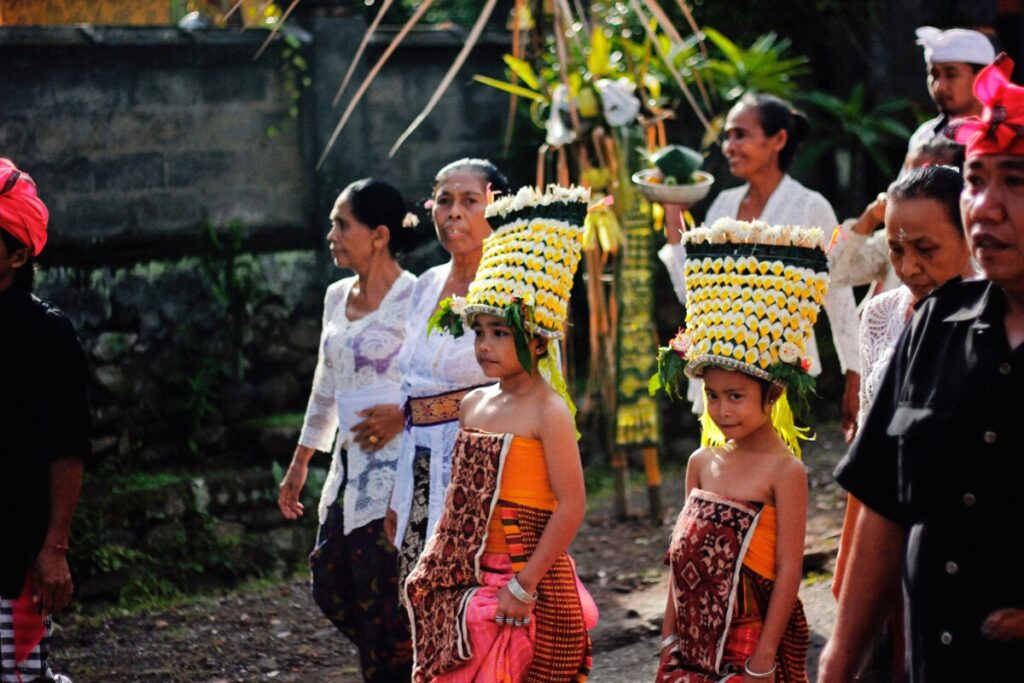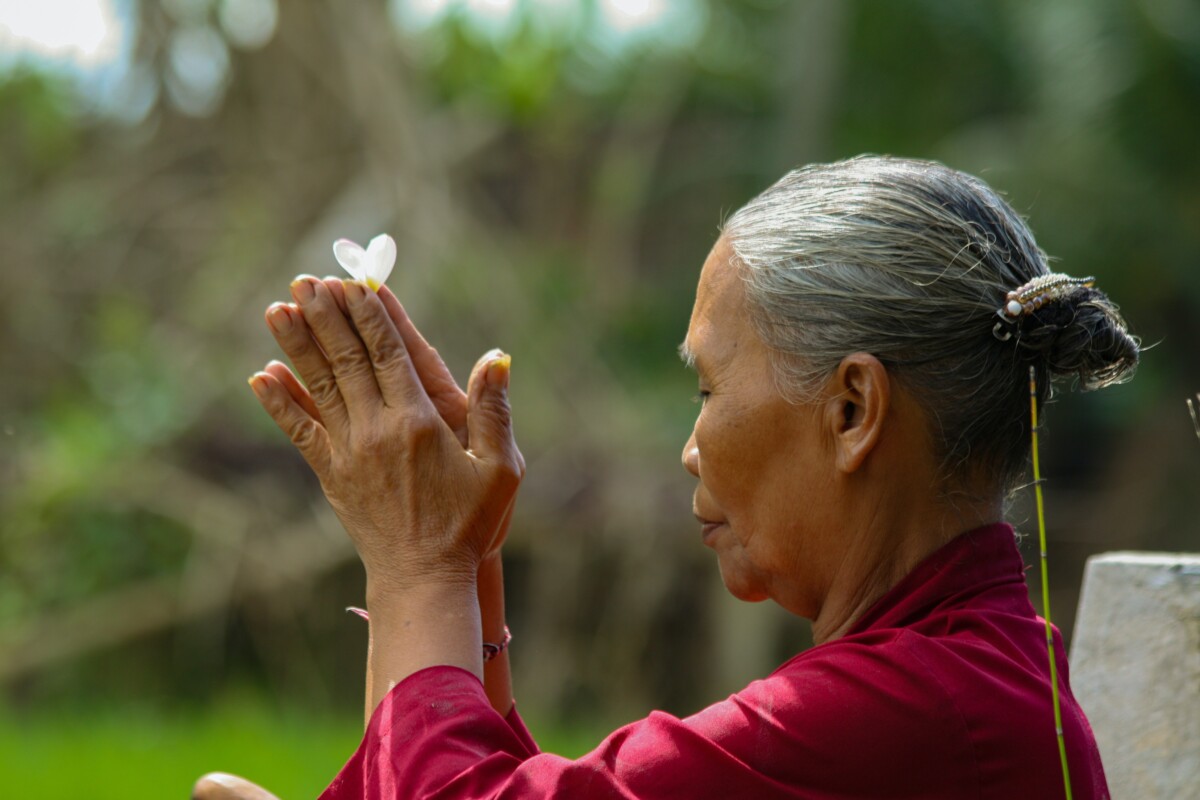The magnetic allure of Bali draws in travelers from every corner of the world. Yet, beneath its scenic beauty and vibrant nightlife lies a tapestry of traditions and customs. For an authentic Balinese experience, delve deeper and embrace the island’s rich cultural fabric.
Understanding Local Customs
Bali boasts a myriad of age-old customs that shape the lives of its inhabitants. As visitors, recognizing and showing appreciation for these traditions is paramount. After all, a positive attitude can significantly impact local views of tourists and ensure harmonious interactions.
Dressing Appropriately
In Bali, attire speaks volumes about one’s respect for culture. Visiting temples requires certain decorum. Always cover your shoulders and legs. Wearing a sarong, often available at temple entry points, signifies reverence for holy sites.
Temple Etiquette
Temples are the heartbeat of Balinese spiritual life. When desiring to enter, always ask for permission. Some areas are reserved for prayers and rituals, and wandering into them uninvited can be seen as intrusive. It’s essential to be vigilant and respectful in these sacred spaces.
Greeting Locals
Interacting with locals offers glimpses into Balinese life. A slight bow is customary when greeting. Always use both hands if you’re handing something to someone or receiving an item. This simple gesture stands as a testament to mutual respect and understanding.
Offerings and Rituals
You’ll frequently spot offerings on the streets or outside homes during your travels. These palm-leaf baskets filled with flowers and incense sticks are not just decorative. They’re spiritual symbols embodying gratitude and devotion. Disturbing them is a big faux pas. Always take care to walk around them, not over.
Balinese Celebrations
Festivals like Galungan, Kuningan, and Nyepi paint a vivid picture of the island’s cultural vibrancy. Engaging in these local festivals broadens understanding. Still, it’s essential to remain a silent observer unless explicitly invited to participate. These celebrations have deep-seated spiritual and cultural significance.

Understanding Restrictions
Certain days in Bali, like ‘Nyepi,’ require the utmost respect. On the Balinese Day of Silence, the entire island goes into a mode of introspection. Tourists are advised to stay indoors, refraining from any outdoor activities. This observance strengthens the bond between individuals and the spiritual realm.
Local Beliefs and Taboos
Every culture has its set of beliefs and taboos. In certain Balinese regions, pointing with a finger is seen as impolite. Using your thumb is a more acceptable alternative. Moreover, always refrain from touching a local’s head. Balinese believe the soul resides there, making it the most sacred part of the body.
Supporting Sustainable Tourism
Bali’s picturesque landscapes and welcoming locals have made it a prime tourist destination. But, as travelers, it’s our duty to promote sustainable tourism. Opt for eco-friendly accommodations, minimize plastic usage, and, most importantly, support local enterprises. Buying directly from artisans or shopping at local markets ensures your money supports the community.
Language and Communication
English is widely understood in Bali, especially in tourist hubs. However, attempting a few Balinese or Indonesian phrases can bridge the gap between cultures. Phrases like ‘Selamat Pagi’ (Good Morning) or ‘Terima Kasih’ (Thank You) can foster connections and often lead to heartwarming interactions.
